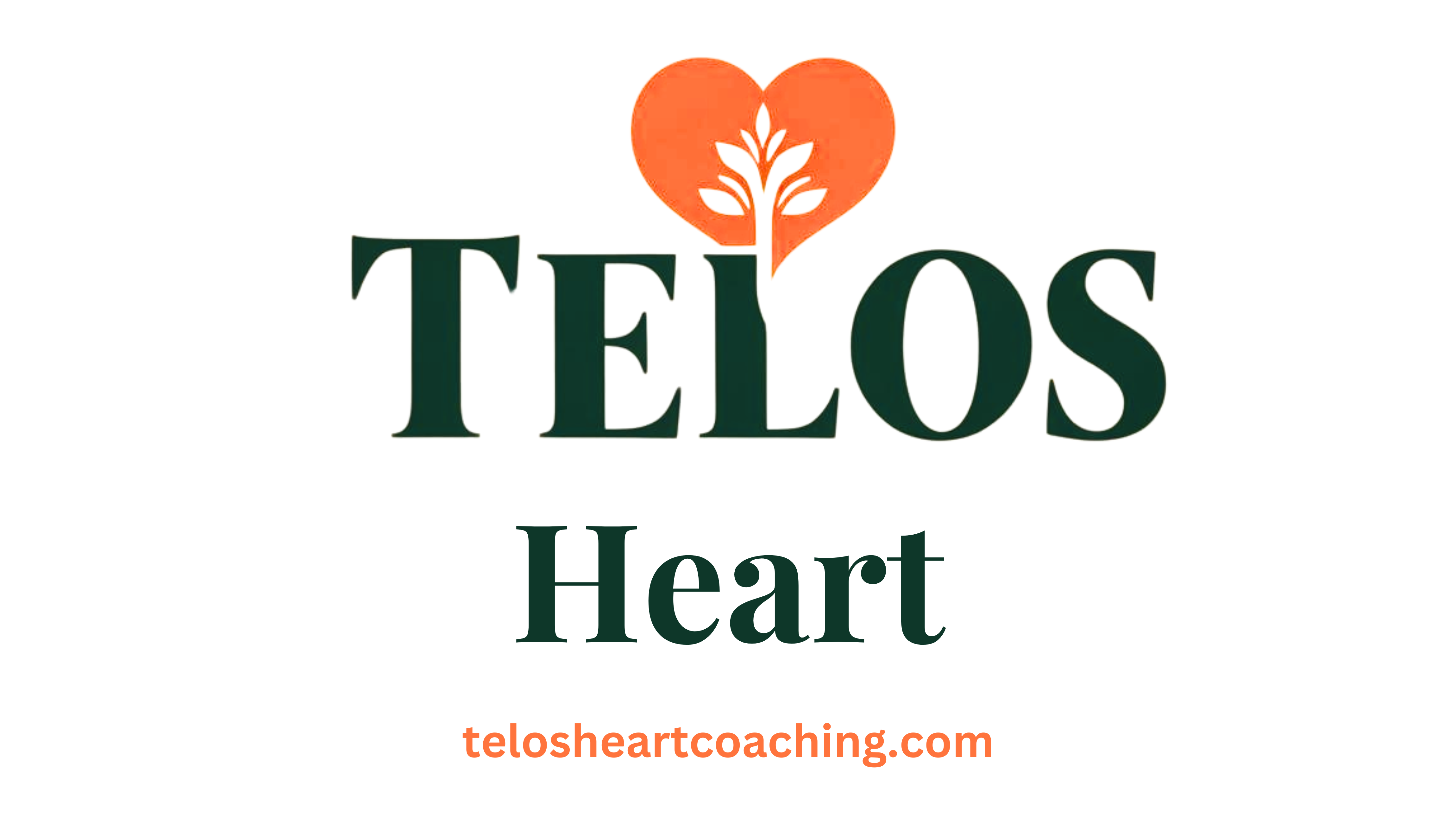How Putting Ourselves in the Shoes of Others Prepares Us for True Fellowship.
Ubuntu Practice # 3.
For the last five days my child has been home with the stomach flu. I am telling you this for two reasons. First, this blog may ramble a bit, so please forgive me. Sleep has been allusive.
Second, watching someone puke is hardly on my list of “favorite things” to do. You know what I mean. Recall the last time you saw someone puke. How did you react? And I mean react because it is a reflex, at the first hint that someone is about to puke, we AVERT our eyes, turn away and think of something else as fast as possible.
And why do we do this? I don’t know about you but I avert my eyes because some part of me screams, “Don’t watch or you are next!”. This reaction to seeing or smelling vomit is actually an evolutionary reflex to avoid potential pain. And that is a smart skill of survival. Puking is a symptom of illness and our biological system has developed ways to protect ourselves from threats of illness or pain. That makes a lot of sense. But sometimes, it’s just not about us. Sometimes we have to take care of others, even when everything in us tells us to avert our eyes and run away. Like say you’re a single parent and your child has the stomach flu. Like that. For five very long days, and nights.
In order to not turn away or avert my eyes when someone pukes, something deep in my being has to override this evolutionary reflex. In my experience the only thing that can override our reflex to avoid pain, is love.
“If you can learn a simple trick, Scout, you’ll get along a lot better with all kinds of folks. You never really understand a person until you consider things from his point of view, until you climb inside of his skin and walk around in it”
Atticus Finch in Harper Lee’s To Kill A Mockingbird
In the book Everyday Ubuntu, Mungi Ngomane speaks about the power of learning to walk in another person’s shoes as a core principle and practice of Ubuntu. Ubuntu encourages us, she says, “to drop our judgements and embrace compassion and understanding”. But in order to understand someone we must be able to be curious about them; their world, their feelings, their needs and their strengths. We must pick up curiosity, in order to drop our judgments.
So back to that evolutionary reflex to avert our eyes and run away in order to avoid pain. While it is easy to judge a person who averts their eyes when someone is in pain, especially if that someone is us, it really does make sense, if we consider it from their perspective. I mean, we are all just trying to survive here.
We are, each one of us, doing the best we can with the resources we have at the moment. And by resources, I don’t mean money, or houses, or cars, or fancy shoes. By “resources” I mean resilience, empathy, energy, care, and for sure caffeine. We all have different resources at different times. And how do we get the resources of care, empathy, and resilience? Herein lies the paradox, we get the resources to walk in another person’s shoes by, well, walking in another person’s shoes. We gain the capacity to not avert our eyes, by looking straight at a thing that scares us, makes us recoil or want to run. We build the muscles of empathy and resilience like any other muscle, by using them.
We have to do daily empathy workouts. We need a resiliency fitness program. Maybe we begin with 2lb weights. We start with looking straight at a problem, sad situation or conflict that only raises our instincts to avoid, just a little bit. And we notice, how does our body feel when we resist the impulse to run? We notice and become curious about the part of us seeking to protect us from threats of illness or pain. We notice and become curious. How does it feel to stay present with an uncomfortable, potentially fearful, painful moment? What does it feel like to not run away? We can notice and breathe into our bodies as we stay present with suffering. Then, as those muscles of empathy and compassion begin to grow stronger, we can move our gaze to something or someone who evokes an even greater sense of discomfort or pain for that part of us that is protecting our own survival.
And we can whisper to that part of us which seeks to protect us,
“Thank you. But right now, it’s not about me.”
Then one day we will notice that our capacity to suspend judgement and to be curious about folks is more abundant and available in more and more moments. We will begin to notice that the parts of us seeking to protect us from pain are not working as hard and are less burdened!
It might be a “simple trick” as Atticus explains, but it is far from easy. And that’s why we need to practice.
If you are looking for a gym to exercise your empathy muscles today, I could use a nap.
Come over and watch my kid puke?
Discover more from Telos Heart
Subscribe to get the latest posts sent to your email.
